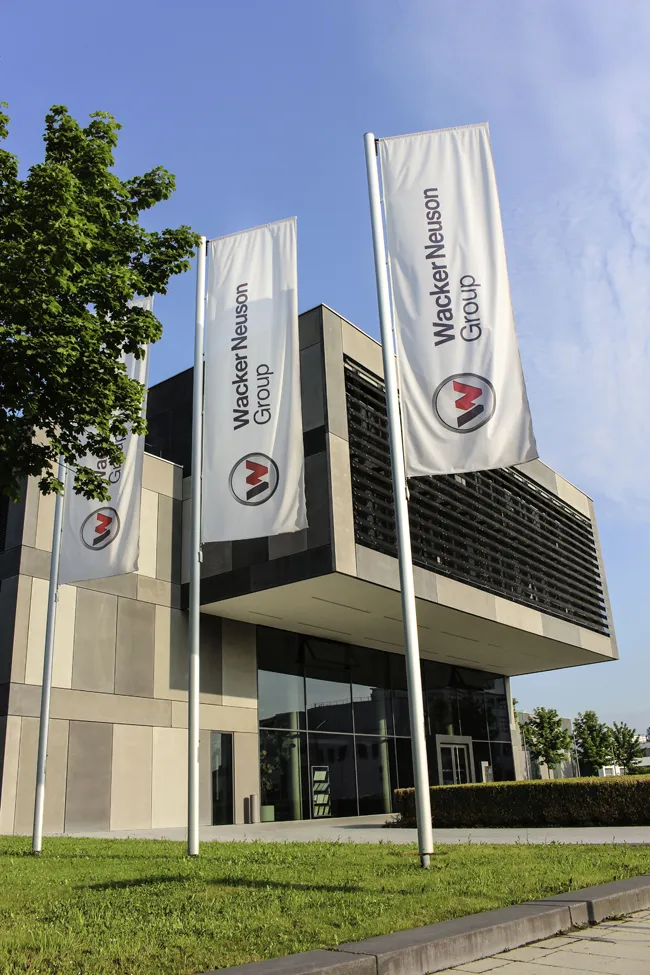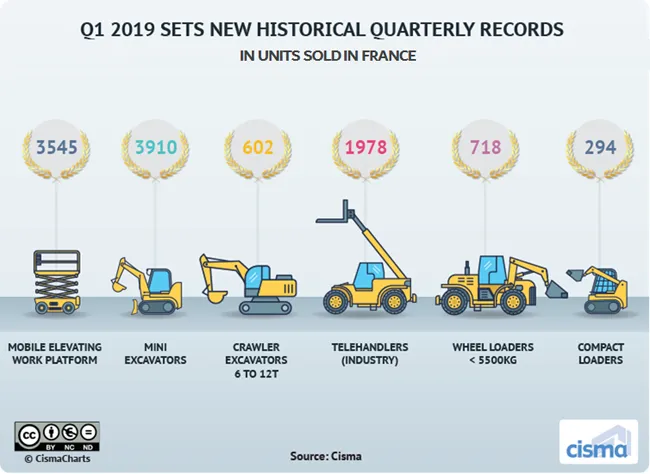Germany has boosted its transportation infrastructure spending for 2017.
The biggest slice of the budget - 42% - goes to the labour and social welfare ministry, followed by the military which gets just over 11% of the money, €36 billion, up €2.7 billion.
The total budget of the German Ministry of Transport and Digital Infrastructure amounts to €26.8 billion, up 9.2% or €2.2billion from this year. Of this €26.8 billion, €13.7 billion will be invested in infrastructure. This will grow in 2018 to €14.4 b
December 19, 2016
Read time: 1 min
Germany has boosted its transportation infrastructure spending for 2017.
The biggest slice of the budget - 42% - goes to the labour and social welfare ministry, followed by the military which gets just over 11% of the money, €36 billion, up €2.7 billion.
The total budget of the German Ministry of Transport and Digital Infrastructure amounts to €26.8 billion, up 9.2% or €2.2billion from this year. Of this €26.8 billion, €13.7 billion will be invested in infrastructure. This will grow in 2018 to €14.4 by 2018. Spending will focus on future technologies such as electric mobility or automated and networked driving including providing €300 million for electric vehicle charging infrastructure.
The 2017 federal budget rose 3.8% - €12.2 billion – on this year’s budget to reach just over €329 billion. For the fourth year in a road, the federal budget deficit will be zero, according to the treasury.
The biggest slice of the budget - 42% - goes to the labour and social welfare ministry, followed by the military which gets just over 11% of the money, €36 billion, up €2.7 billion.
The total budget of the German Ministry of Transport and Digital Infrastructure amounts to €26.8 billion, up 9.2% or €2.2billion from this year. Of this €26.8 billion, €13.7 billion will be invested in infrastructure. This will grow in 2018 to €14.4 by 2018. Spending will focus on future technologies such as electric mobility or automated and networked driving including providing €300 million for electric vehicle charging infrastructure.
The 2017 federal budget rose 3.8% - €12.2 billion – on this year’s budget to reach just over €329 billion. For the fourth year in a road, the federal budget deficit will be zero, according to the treasury.








